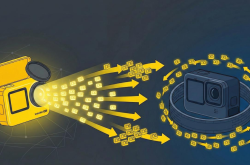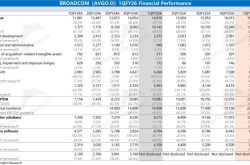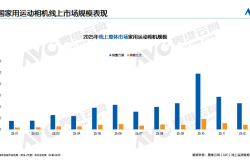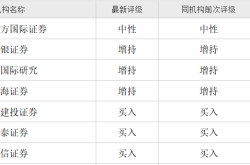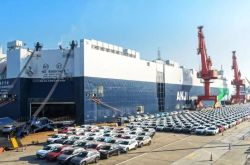Renault “Returns” to China: Establishing R&D Team in China to Develop Electric Vehicles for Europe
![]() 10/30 2024
10/30 2024
![]() 687
687
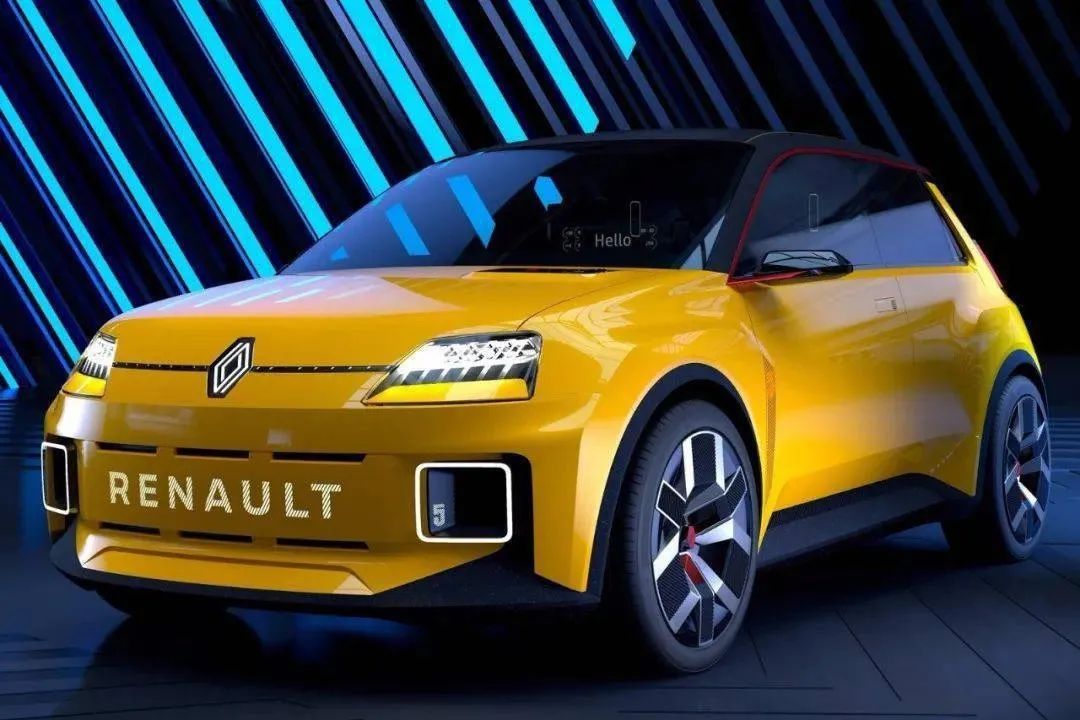
As multinational automakers continue to expand their presence in China, R&D and supply chain management have become increasingly important, surpassing even market considerations.
Written by Lu Feiyang
Edited by Mao Shiyang
Autopix Original
Since 2021, Renault Group has gradually transitioned its operations in China towards a more asset-light model, with a primary focus on cost reduction. Now, the European automaker is adopting a new approach to building its business in China. We have exclusively learned that Renault is currently establishing an electric vehicle R&D team in China.
Renault has shifted the development of a pure electric vehicle model to Shanghai, marking the first time the company has based new vehicle development in China. The project is scheduled to enter mass production by the end of 2025, but the vehicle will not be manufactured or marketed in China; instead, both production and sales will take place in Europe.
Through this development project, Renault aims to establish a robust supply chain system in China and initially set up its R&D team here. The company is also recruiting software development talent in China, positioning the country as a potential hub for Renault's electric vehicle strategy.
Traditionally, multinational automakers have centered their operations in China around manufacturing and marketing. However, many of these companies are now shifting their focus to R&D and supply chain management in response to market changes. For Renault, the primary target remains non-Chinese markets such as Europe.
There is a consensus within the industry that affordable compact cars will be the first market opportunity for electric vehicles to replace traditional gasoline-powered vehicles in Europe. Chinese automakers such as BYD, Leapmotor, and NIO are actively expanding into this space. Renault hopes to leverage China's R&D and supply chain resources in electric vehicles to maintain its market position.
01.
Renault Shifts Electric Vehicle R&D to China
We have exclusively learned that Renault Group has begun establishing an R&D team of dozens of engineers in Shanghai, China, this year. This team is responsible for developing an electric vehicle modification project and reports directly to Renault's headquarters in France rather than to Renault China.
An insider familiar with Renault China's operations revealed that the initial R&D team is small and lacks a clear workflow, making it incapable of independently developing new vehicles. As a result, the team has outsourced much of the project's design and supplier selection to a third-party company in China, while retaining oversight and approval responsibilities.
This may just be the beginning. A source close to Renault China indicated that the company plans to announce its new business strategy in China at an appropriate time. Insiders revealed that Renault intends to shift more electric vehicle R&D to China, potentially establishing a comprehensive R&D system for electric vehicles, including both software and hardware development.
At the 2024 Paris Motor Show two weeks ago, Renault occupied nearly half of the passenger car exhibition hall with a booth measuring nearly 5,000 square meters. The company showcased two concept cars and seven world premieres, with electric vehicles taking center stage, including the Renault 4 E-Tech and the retro-styled electric coupe Renault R17 electric restomod.
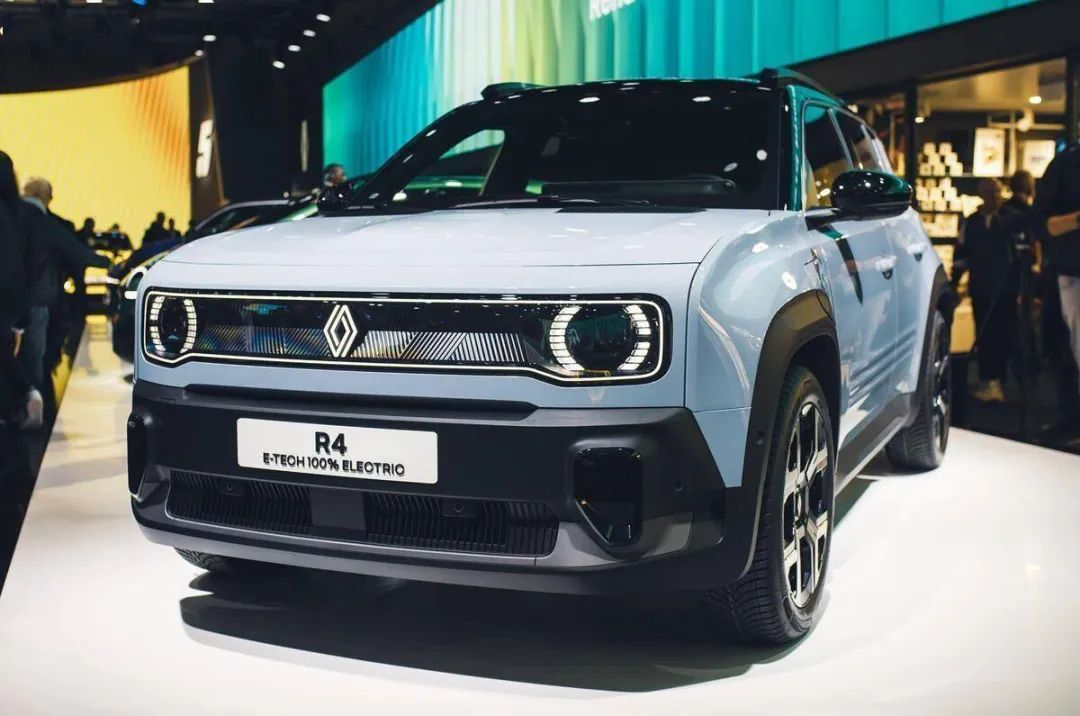
▍Renault Electric Vehicles at the 2024 Paris Motor Show
Securing market share in China's fiercely competitive new energy vehicle market is not Renault's primary objective with its return to the country. The new electric vehicle being developed by Renault China will be produced and sold in Europe.
Since the dissolution of the Renault-Nissan-Mitsubishi Alliance, Renault has lost its position as a leading multinational automaker by sales volume. In 2023, the company sold 2.235 million vehicles, roughly a quarter of Volkswagen's sales and a fifth of Toyota's. This performance reflects Renault's ongoing recovery efforts.
As Chinese new energy vehicle makers explore the European market, compact and affordable cars are seen as promising opportunities. In addition to BYD, NIO has planned to launch a small electric vehicle project called "Firefly" in Europe, while Leapmotor intends to enter the market with its T-series compact cars.
Chinese new energy vehicles pose a threat to Renault. Compact cars are a core segment for Renault in the passenger car market, exemplified by its renowned Clio hatchback.
Although Chinese automakers face challenges in Europe, Renault recognizes the threat they pose. Renault China's Chairman and CEO Su Weiming acknowledges that many Europeans believe Chinese customers differ from those in Europe, but he argues that this is only a temporary phase. "China is definitely leading this trend," he says. "Every three or four years, Europe will also adopt these trends.""
Renault's strategy is integration. Renault Group CEO Luca de Meo hopes to integrate Renault into China's new energy vehicle ecosystem. At the Paris Motor Show, he stated, "There should be both competition and cooperation between European and Chinese companies. European companies need to find effective ways to maximize China's advantages.""
02.
New Business Model for Foreign Automakers in China
This represents a significant shift in Renault's operations in China after many years.
Renault has established several joint ventures in China, including Huachen Renault, Dongfeng Renault, and JMC New Energy. However, sales have remained marginal, with Dongfeng Renault, its most important venture, struggling to gain a foothold in the mainstream passenger car market despite launching two SUV models, Kadjar and Koleos.
Like other multinational automakers, Renault's primary objective in China during this phase was to increase sales through joint ventures to explore the local market. However, this strategy proved unsuccessful.
In March 2021, former Volkswagen Group executive Su Weiming took over as CEO of Renault China, shifting the company's strategic focus from market share acquisition to asset-light operations. This change was driven by Renault's urgent need to improve its financial situation globally, in addition to the challenges it faced in China.
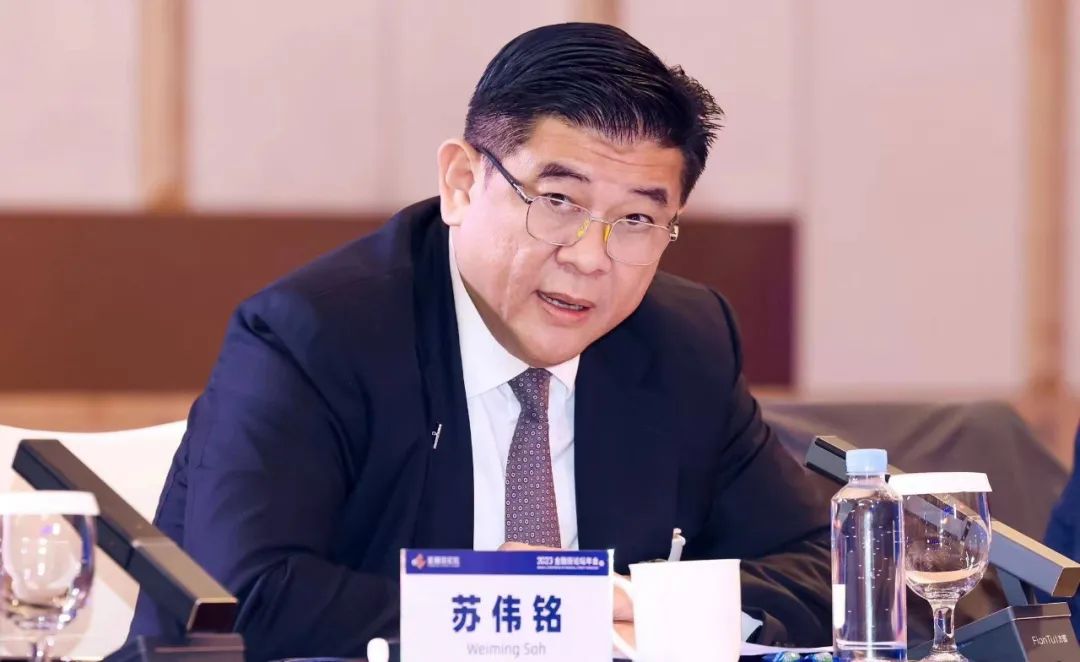
▍Renault China Chairman and CEO Su Weiming
Renault suffered its largest-ever loss in 2020, with declining sales and revenue.
In January 2021, Luca de Meo unveiled Renault's "Renaulution" strategic plan, outlining three phases for the company's future. The first phase, from 2021 to 2023, focused on restoring profitability. The second phase, the "Innovation Stage," aimed to introduce more new products and technologies by 2025. The third phase, beginning in 2025, would transform Renault's business model into a technology, energy, and mobility company.
Renault has now completed the first phase of its strategic plan and is entering the second and third phases.
Like many European automakers, Renault has made new energy vehicles a core strategy for the coming years. Unlike some of its competitors, which are defending their global market share, Renault, with a weaker position, sees new energy vehicles as an opportunity to reclaim market ground in Europe. This aligns with Luca de Meo's vision of a "competitive and cooperative" relationship with Chinese companies.
Since 2021, Renault has consolidated three factories in northern France to establish Renault ElectriCity, with a target production capacity of 400,000 electric vehicles by 2025, making it Europe's largest electric vehicle production base. Chinese battery manufacturers such as Minth Group and Envision AESC have played a crucial role as suppliers.
In addition to these partnerships, Renault has collaborated with Chinese companies like Geely and WeRide in various areas, including complete vehicles, powertrains, and autonomous driving technologies.
Renault has begun to reap the benefits of the new energy market. In the first half of 2024, electric vehicles accounted for 29.6% of Renault Group's overall sales in Europe. However, the true substitution effect of electric vehicles in Europe has yet to materialize, presenting both opportunities and challenges for the industry.
Thanks to China's comprehensive new energy supply chain, more and more multinational automakers are shifting their R&D and supply chain operations to the country. However, the approaches vary. Volkswagen, for example, is developing "special edition" new energy vehicles for the Chinese market, while BMW and Mercedes-Benz are also exploring local electric vehicle development with a global market focus.
Unlike Volkswagen, BMW, and Mercedes-Benz, Renault, with its asset-light operations in China, does not bear the burden of maintaining market share in the country. A source close to Renault China believes that the company is currently uninterested in engaging in the increasingly competitive Chinese new energy vehicle market. Instead, Renault hopes to focus on shifting electric vehicle R&D and supply chain operations to China, with Europe and other overseas markets remaining its primary targets.
This article is an original content of Autopix
Please do not reproduce without authorization

